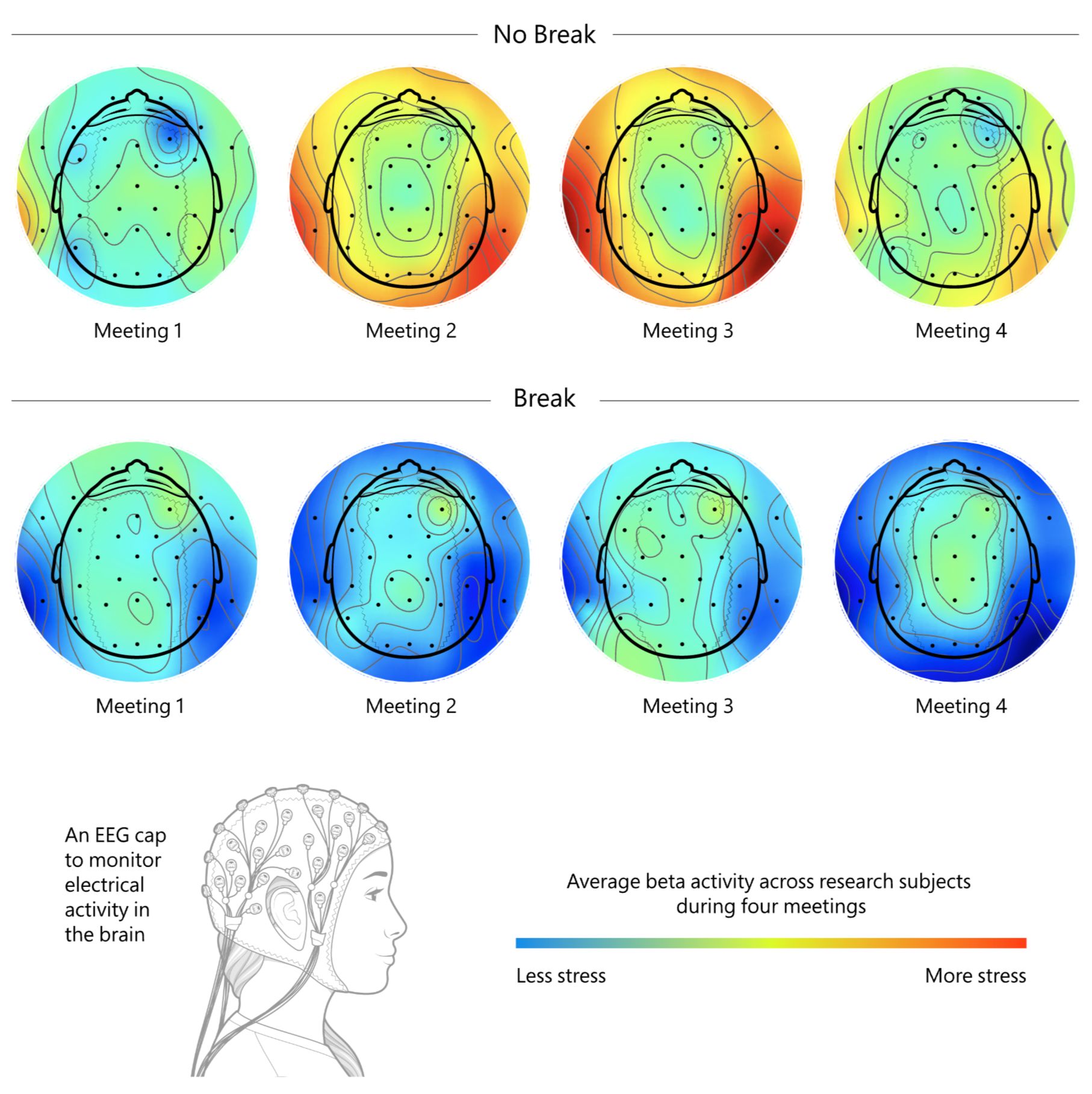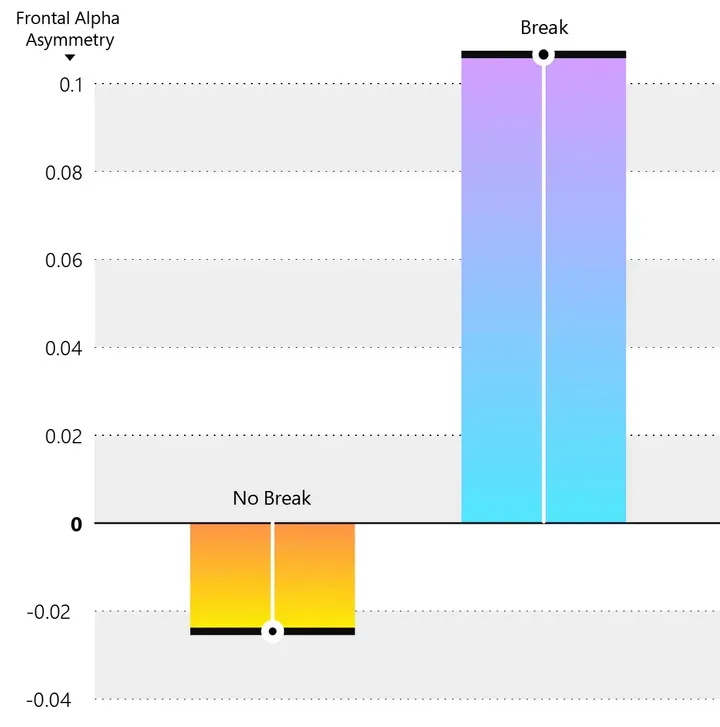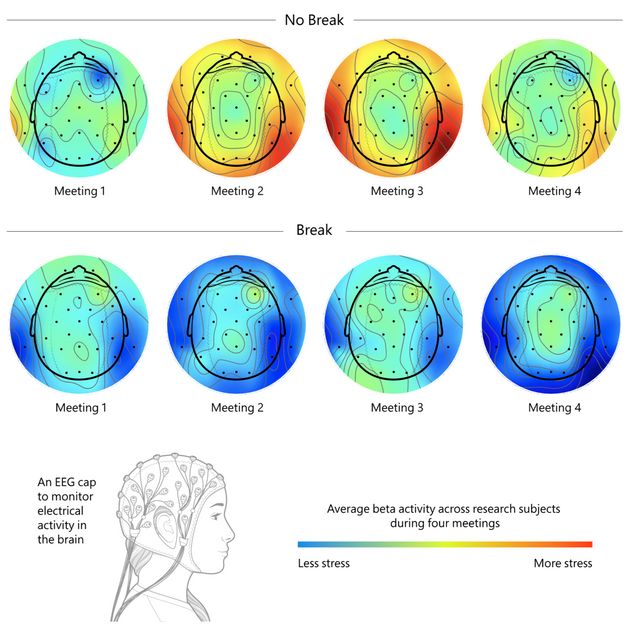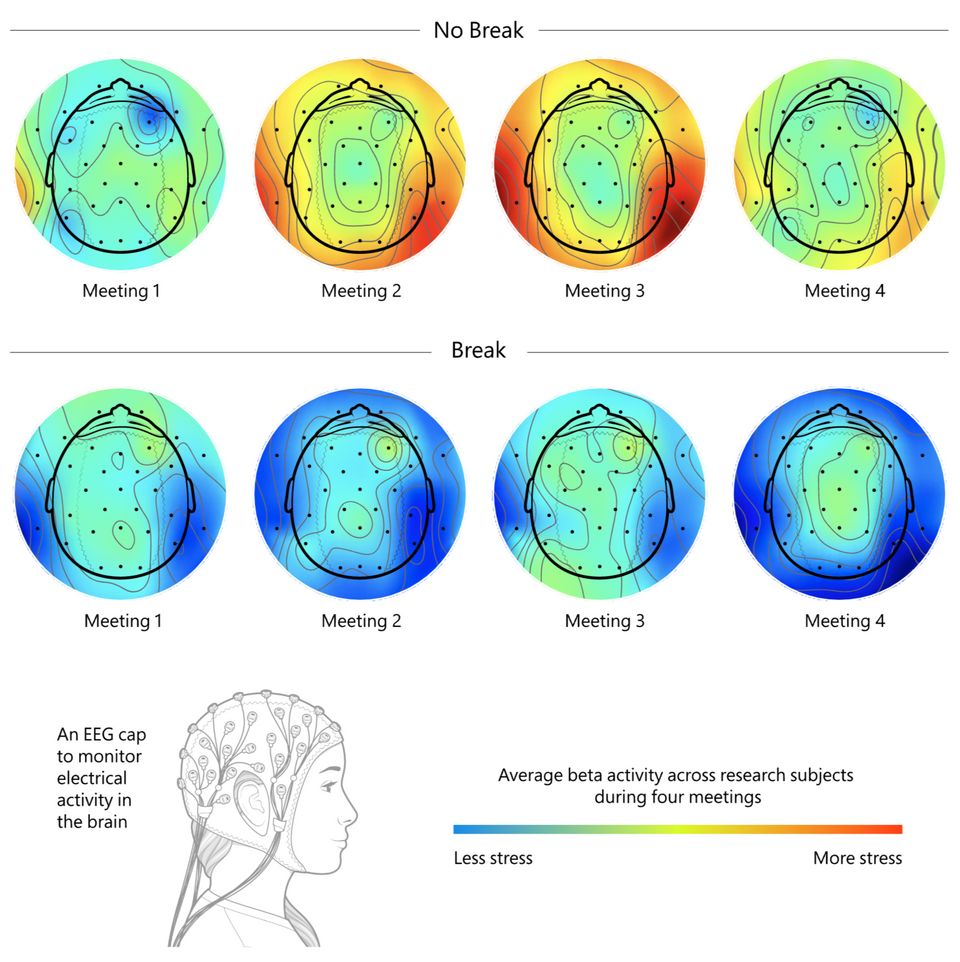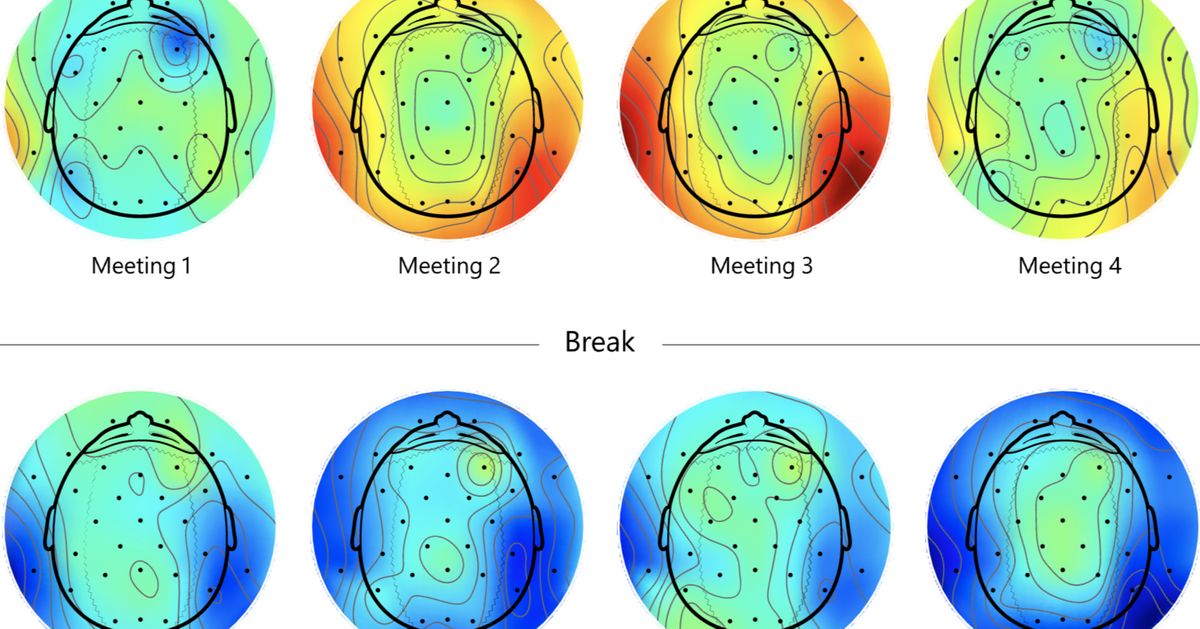
There’s no such thing as the perfect workplace – but if yours is far from perfect, then it may well be keeping you up at night.
It’s not always obvious, but there are plenty of signs that workplace stress is seeping into your life – with it even affecting your sleep.
Advertisement
Speaking exclusively to HuffPost UK, sleep expert Martin Seeley, from MattressNextDay, walks us through five “red flag” signs that could indicate your work stress is impacting you more than you might think.
3am wake-ups (on repeat)
Waking up at the same time every night may serve as a signal that your subconscious mind is fixated on workplace stress.
Our sleep cycles are hugely influenced by feelings of stress. And our levels of cortisol, the hormone associated with stress, are higher in the morning.
Advertisement
Waking at the same time in the early hours every morning suggests that cortisol levels are peaking sooner than they should be.
“When you are in a heightened state of stress throughout the day, your body will remain in that state even when it’s time to rest. If you find yourself waking at odd hours, it may be worth evaluating if the workplace is to blame,” says Seeley.
Advertisement
Sleepless Sundays
We all know about the Sunday scaries – that feeling where dread sinks in on the last day of the weekend ahead of your Monday return to work.
Advertisement
But if you always struggle to fall asleep on a Sunday, even when sticking to your usual sleep routine, it’s very likely to be because of work.
The Sleep Foundation polled people who said Sunday is the hardest night to fall asleep and, of these, 63.9% cited next-day worries as a key factor in their Sunday scaries and 55% of these linked their worries to their jobs.
It’s no surprise that it can impact sleep, really – the thought of returning to work after the weekend triggers a stress response in the body as the brain visualises the upcoming pressures of the working week.
Advertisement
Seeley suggests that analysing whether feelings of stress gradually rise throughout the weekend is a great way to assess whether the thought of approaching a new week is impacting your wellbeing.
Workplace nightmares
Plenty of us spend most of our time at work, so it’s no surprise that, on occasion, we’ll dream about it. However, if you are dreaming of work several times a week and the dreams are more nightmarish than pleasant, it could be a warning sign that it’s impacting your overall health.
Seeley explains: “If the content of your workplace dreams are always surrounded by negativity such as missing deadlines, oversleeping, or even being fired, it suggests that workplace stress is engrained in the subconscious mind as the brain is not able to successfully disconnect from the workplace.”
Advertisement
Revenge bedtime procrastination
This refers to the act of procrastinating instead of going to sleep. Dr. Aditi Nerurkar, a Harvard physician, previously shared some of the signs of RVP:
-
Having consistent late nights: Even though you know you should go to bed earlier, you find yourself staying up late almost every night.
-
Feeling tired but resisting sleep: You might be exhausted, but you’re unwilling to go to bed because you want to enjoy some “me time.”
-
Engaging in low-value activities: You might find yourself scrolling through social media, watching mindless TV, or playing video games for hours on end.
-
Feeling guilty or regretful in the morning: You might wake up feeling tired and regretting your late-night choices.
“If you are staying up late and engaging in non-work-related activities, even though you know you need to wake up early, it can signal that you feel you have no or little control over your work/life balance and choose to delay sleep to recoup a sense of autonomy,” warns Seeley.
Advertisement
You have a weekday sleep schedule and a weekend schedule
If you sleep for several hours throughout the weekend to counteract work week sleep deprivation, this is a “clear sign” that your job is impacting your sleep cycle, adds the sleep expert.
“This scenario is often referred to as ‘social jet lag’ and can be incredibly disruptive to your overall health,” says Seeley.
“The body favours structure, and when your weekday sleep schedule is dramatically different from your weekend sleep routine, it leads to exhaustion and decreased cognitive function.”
Advertisement
What can you do about it?
It’s not always possible to just quit a job and start fresh (because time, money, job availability, etc.), so what can you do if your workplace is impacting your sleep? Seeley recommends the following:
Establish boundaries. Refrain from checking emails or working late into the evening to prevent stress from transitioning into bedtime.
Structure a nighttime routine. Take part in calming activities before bed, such as reading, meditating, or taking a warm bath, to signal to your body that it’s time to wind down.
Advertisement
Maintain a consistent sleep schedule. Try to go to bed and wake up at the same time every day, even on weekends, to regulate your internal body clock.
Seek professional support. If workplace stress is leading to chronic insomnia or anxiety, consult a sleep specialist or mental health professional for guidance.









 (@xmastime1234)
(@xmastime1234)  (@Anniie_Anna)
(@Anniie_Anna)  (@MOHLABANI_THABA)
(@MOHLABANI_THABA) 
